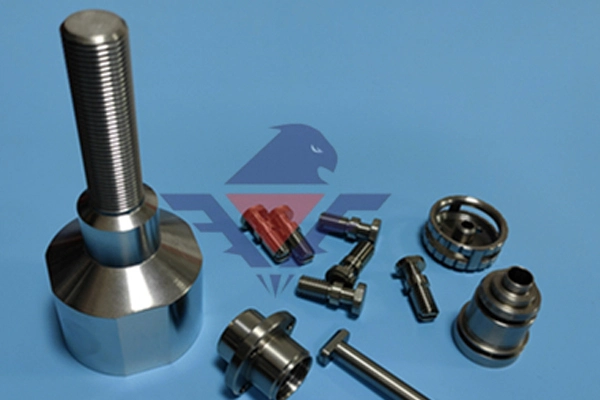Swiss Machining: Precision Engineering for Complex Components

html
Swiss Machining: Precision Engineering for Complex Components
Swiss machining, also known as Swiss screw machining or Swiss turning, is a specialized manufacturing process designed to produce high-precision components with tight tolerances. Originating in Switzerland’s watchmaking industry, this method has evolved to serve industries such as medical, aerospace, and automotive, where precision and reliability are paramount.
What is Swiss Machining?
Swiss machining utilizes a sliding headstock lathe, where the workpiece is held in place by a guide bushing while the cutting tools move along the Z-axis. This unique setup minimizes deflection, allowing for exceptional accuracy even when working with small or slender parts. The process is ideal for producing complex geometries, threaded components, and intricate features that would be challenging to achieve with conventional machining techniques.
Key Advantages of Swiss Machining
Keyword: Swiss Machining
The benefits of Swiss machining include:
- High Precision: Capable of achieving tolerances as tight as ±0.0001 inches.
- Efficiency: Simultaneous multi-axis machining reduces cycle times.
- Versatility: Suitable for a wide range of materials, including metals, plastics, and composites.
- Reduced Waste: Minimal material loss due to precise cutting.
Applications of Swiss Machining
Swiss machining is widely used in industries that demand high-quality, precision-engineered components. Some common applications include:
- Medical devices (surgical instruments, implants, and connectors)
- Aerospace components (fasteners, sensors, and hydraulic parts)
- Electronics (connectors, pins, and micro-components)
- Automotive (fuel injection parts, transmission components)
Choosing the Right Swiss Machining Partner
When selecting a Swiss machining provider, consider factors such as:
- Experience with your specific industry requirements
- Quality certifications (ISO, AS9100, etc.)
- Advanced equipment capabilities
- Material expertise
- Prototyping and production scalability
With its unparalleled precision and efficiency, Swiss machining continues to be the go-to solution for manufacturing complex, high-tolerance components across critical industries.